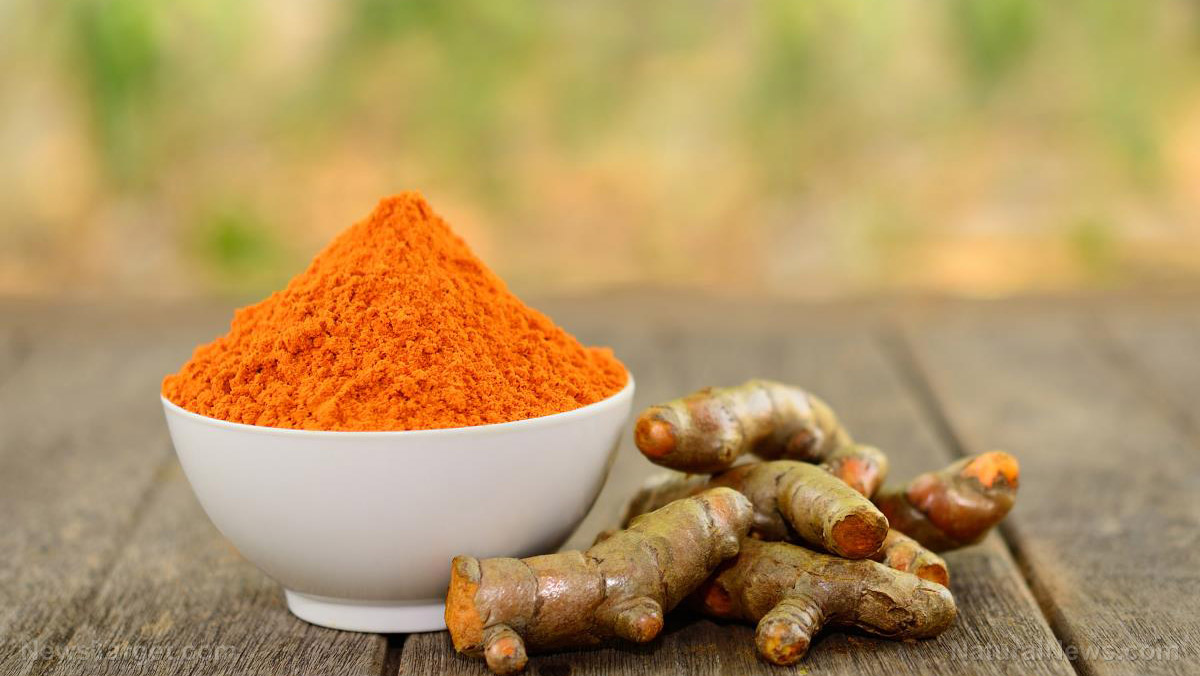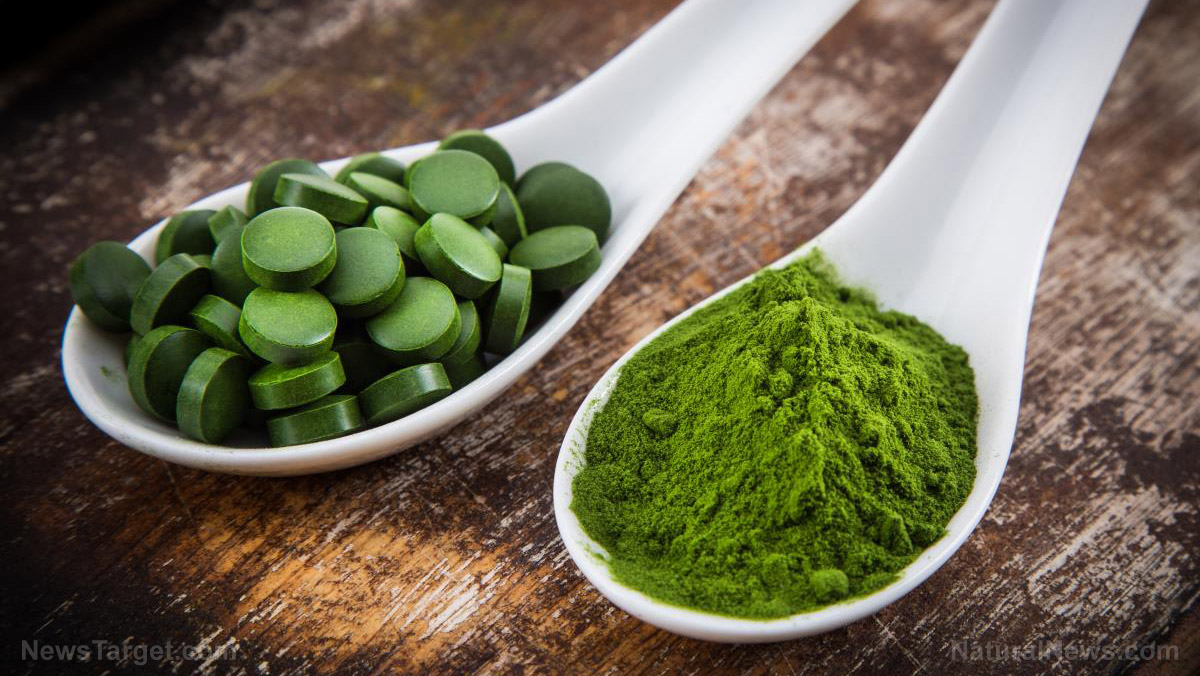Meta-analysis confirms that vitamin D has a protective effect against colds and flu
10/16/2018 / By Vicki Batts

While the pharmaceutical industry is bent on pushing pills and inoculations as the “only” way to prevent cold and flu each season, it turns out the secret to keeping illness at bay has been in front of (or rather, above) us all along. Vitamin D, colloquially known as the “sunshine vitamin,” has just been proven to help fight respiratory infections, cold and flu. For people who are vitamin D-deficient, taking a supplement can help reduce the risk of infection by up to 50 percent.
With all the propaganda surrounding the flu shot, it’s hard to make a true comparison — but it’s fair to say that in deficient individuals, vitamin D supplementation would likely offer a lot more bang for the buck. Vitamin D deficiency has been linked to a host of health issues and increases the risk of many diseases, ranging from the common cold to diabetes and cancer.
Vitamin D keeps the flu at bay
Researchers from Queen Mary University of London (QMUL) recently conducted a meta-analysis featuring data collected from a total of 11,000 people. All told, 25 double-blind, randomized and placebo-controlled trials looking at vitamin D2 and D3 supplementation’s impact on cold and flu risk were chosen for analysis.
Study leader Dr. Adrian Martineau, a professor of respiratory infection and immunity at QMUL, commented, “We found that overall there was a modest protective effect.”
On average, vitamin D supplementation reduced the incidence of cold and flu by 10 percent. However, the effectiveness of vitamin D on disease risk seemed to be dependent on the individual’s starting point. The researchers say that people who entered the studies with vitamin D deficiency saw a substantially greater reduction in their risk of infection. In fact, the scientists say, vitamin D cut their risk of cold and flu by an astonishing 50 percent.
“What we found is that those with the lowest vitamin D levels experienced the greatest benefit from supplementation,” Dr. Martineau contended.
As Natural Health 365 reports, vitamin D fights the flu at least as well as the flu shot (if not better). Given the risks of vaccination, and the substantial benefits to be had from vitamin D, it’s hard to understand why the flu shot even exists.
Benefits of vitamin D
It’s clear that vitamin D is integral to health across the board. As NPR notes, for the last decade, science has shown that vitamin D plays a role in preventing many different diseases and conditions. However, how much vitamin D is necessary (and safe) still eludes researchers. Past guidelines were based on the sole finding that vitamin D is needed for healthy bones, about 600 IU (international units) per day for adults under 70 years of age. But more recent research has pointed to higher doses for maximum benefit.
As NPR reports, major health agencies are at odds when it comes to defining deficient and adequate levels of vitamin D. Either way, Natural Health 365 states that when choosing a supplement, vitamin D3 might be your best bet
Fortified foods tend to contain vitamin D2, so the better choice for this vitamin is to get plenty of sunshine and/or take a supplement containing D3. While sunlight does not actually contain 25-hydroxyvitamin D, it is essential in promoting its natural production inside the body.
There is still much to learn about vitamin D, but research has already shown that the sunshine nutrient should not be taken for granted. Recently, studies have shown that the nutrient can help prevent up to 80 percent of all type 2 diabetes cases. It’s also been shown to help prevent prostate cancer.
You can learn more about supplements and nutrition at Food.news.
Sources for this article include:
Tagged Under: Colds, Flu, immune function, natural remedies, nutrition, prevent disease, prevent flu, prevention, protective nutrients, sunlight, supplements, vitamin D




















